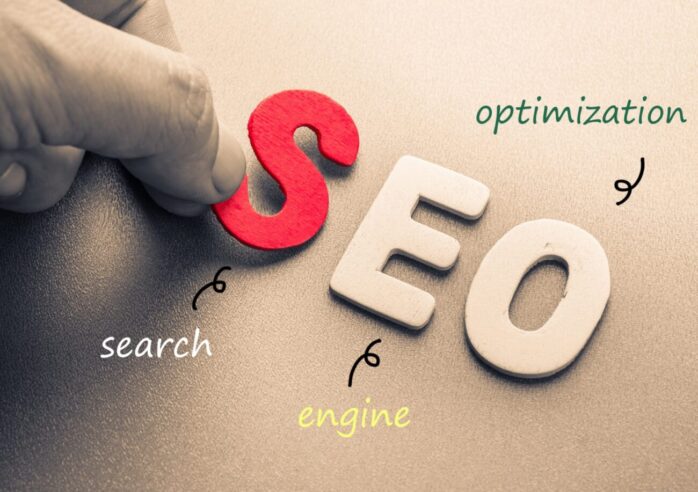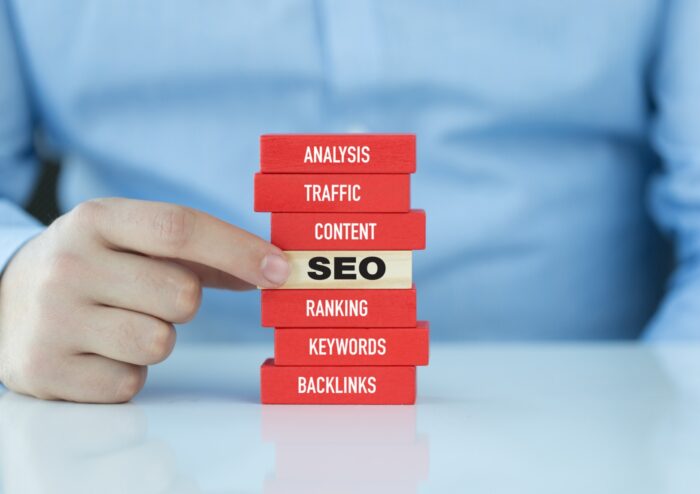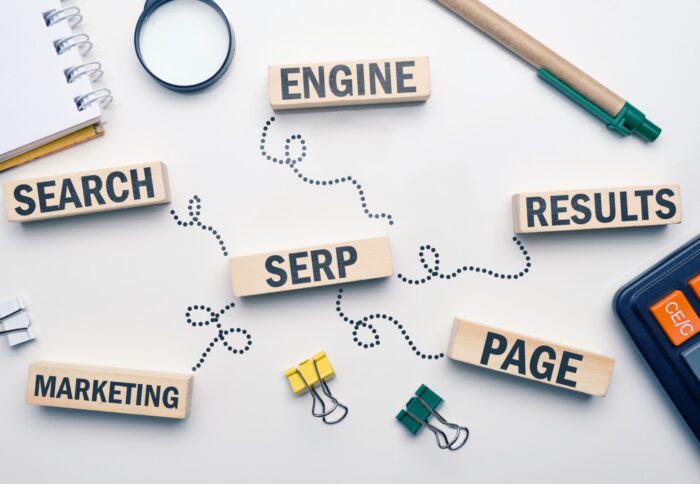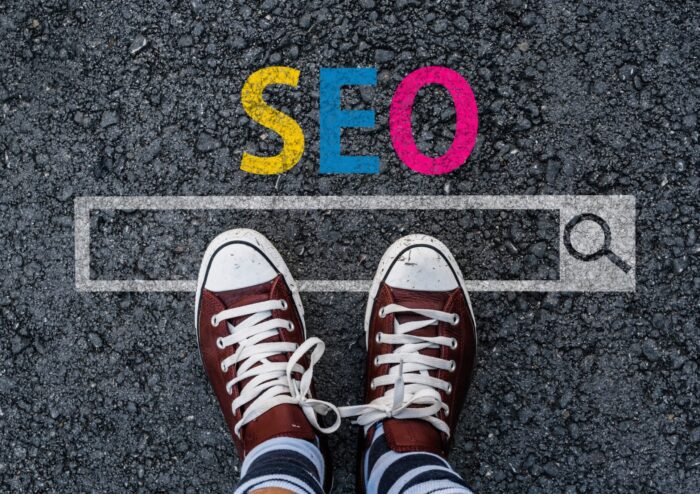
Search Engine Optimization has become paramount for any website. Every new website must thoroughly integrate SEO protocols to become available for search engine crawlers and get higher ranked on search engines like Google, Yahoo, or Bing. This gives your website the visibility it deserves, which will attract more traffic and more possible leads or accomplish your site’s goals.
But SEO is not only important off-page; it is also hugely important on-page. Here we will look at the reasons SEO can help better almost all metrics of a website. And why web design agencies need to understand and manage on-page SEO to attract visitors and rank on top of Google search engine result pages (SERPs).
Higher Rankings
As you know, there is on-page and off-page SEO. Most people focus on off-page SEO, losing on the many benefits of on-page SEO. It does involve many different elements such as URLs (and their compatibility with search engines), HTTP status code, correct use of meta tags, descriptions or captions, and heading tags on your search link on Google SERPS. All of these elements and many more will have a massive impact on on-page SEO. So a great web designer must learn how and when to apply them to get a higher ranking on Google.

Improved Search Accuracy
The internet is a busy place. The demand for better search engine results makes it a priority for websites and search engines to collect the correct data and use it appropriately. After all, people will look first on the internet before dragging themselves to a physical store; many will just order online if they even go there.
According to research, shoppers will search 136% of the time on a search engine over other websites for the same purpose. Not only this, but 50% of local searchers of mobile users lead them to visit the nearby store within 24 hours. This all proves the need for SEO, and not only off-page but on-page too. If you are not being seen on the web, you don’t exist if your customer can’t find you.
Higher Mobile Traffic
Inbound reporting suggests that one of the leading marketing challenges web designers and marketers face is generating traffic. As we mentioned above, if you are not getting enough people towards your page, your business chances will go down incredibly fast. Web designers can integrate SEO metrics from the very beginning to make their site not just more user-friendly but also device-responsive as well.
Having device responsiveness is not just a nice to have; it is a must. Research shows that about 60% of mobile users will leave a site with poor mobile responsiveness. And why is this important? Because SEO helps you avoid these mistakes. Additionally, SEO helps you with uploading high-quality visual content that will improve your marketing and user experience.
Designers have an opportunity to focus on SEO and take it as an advantage to improve their site by creating an attractive, high-ranking, and responsive website.

Increases Engagement
Today, an online brand is simply a reflection of how far it is on Google rankings. Because these rankings go beyond just using lovely images and the right keywords. It is also a metric based on how the website is built and provides valuable and engaging information and links to users.
On-page SEO helps brands and designers focus on the sectors of the website that need more attention to provide a better user experience for the visitor. It is a measurable way to better the marketing and overall strategy of the company. Read more about on-page SEO in this article by Leading Solution.
Benefits for SMEs
SEO is great for SMEs. Why? SEO does not care how big your business is, how many employees you have, or how many countries you operate; it cares about your website. How good is your website for its user and the web? And what’s better, SEO does not require a considerable amount of investment, but it requires you to put in the work and prioritize it.
Nowadays, web designers must know SEO since there is no guarantee that companies will guide them. And if they can prove they know SEO, they will become an even better asset for businesses.

Higher Quality of Traffic
Focusing on designing a website with proper on-page SEO helps Google better understand and index your pages more relevantly on their SERPs. This means that more and better quality traffic will be directed towards your website, allowing you to generate more leads, increase conversion rates and ROI.
Taking Advantage of Innovative Technologies
Content is king. If you are not providing the right content for your website, your users will not be interested. However, it is not just about the content you offer but about the format you are presenting it. Nowadays, 60% of web users have started to use voice search features to interact with search engines. This means websites now have to optimize their website and content for voice search, too. Additionally, considering the word length that helps websites rank higher –to appear on the first Google page, it is 1890 words– and other things like finding the right keywords. These and many more advanced SEO features have to be used by web designers to optimize the site and improve its performance and ranking.

Improves Page Loading Speed
Web designers know already that online ranking does not depend only on user experience. It also depends on loading speed. Some factors that lower the loading speed are large images, mediocre coding, bad URLs, themes with too many widgets, etc. Therefore, understanding and applying on-page SEO helps design a page that will be better for the user and the page itself.
Provides Better User Experience
Good SEO makes it possible to provide informative, readable, and highly usable content to visitors. It also helps improve the page’s visual look, making it easy to navigate and engaging. All of this allows the user to have a better experience. And to achieve a long-lasting impression on your users, you must put on-page SEO as a priority.

Helps Save you Costs
The best thing about putting effort into on-page SEO from the beginning is that it will save you the time and cost of fixing a long list of things once your website is already live and with good traffic. Things like page titles, meta tags, URL structure, body tags, meta descriptions, image quality, keyword density, and many more will all be optimized and perform at their best from the very beginning if you focus on SEO. Ignoring this may result in expensive retro-fitting later on.
…
Optimizing a site is a complex and often challenging process. It takes time, planning, and a lot of patience to achieve the results you want with SEO. But, if you’re willing to invest the resources it takes to create and carry out a well-planned strategy, the results you’ll see in terms of sales and revenue are entirely worth it. It can help you boost your credibility, earn more traffic, and improve the site’s online visibility.











